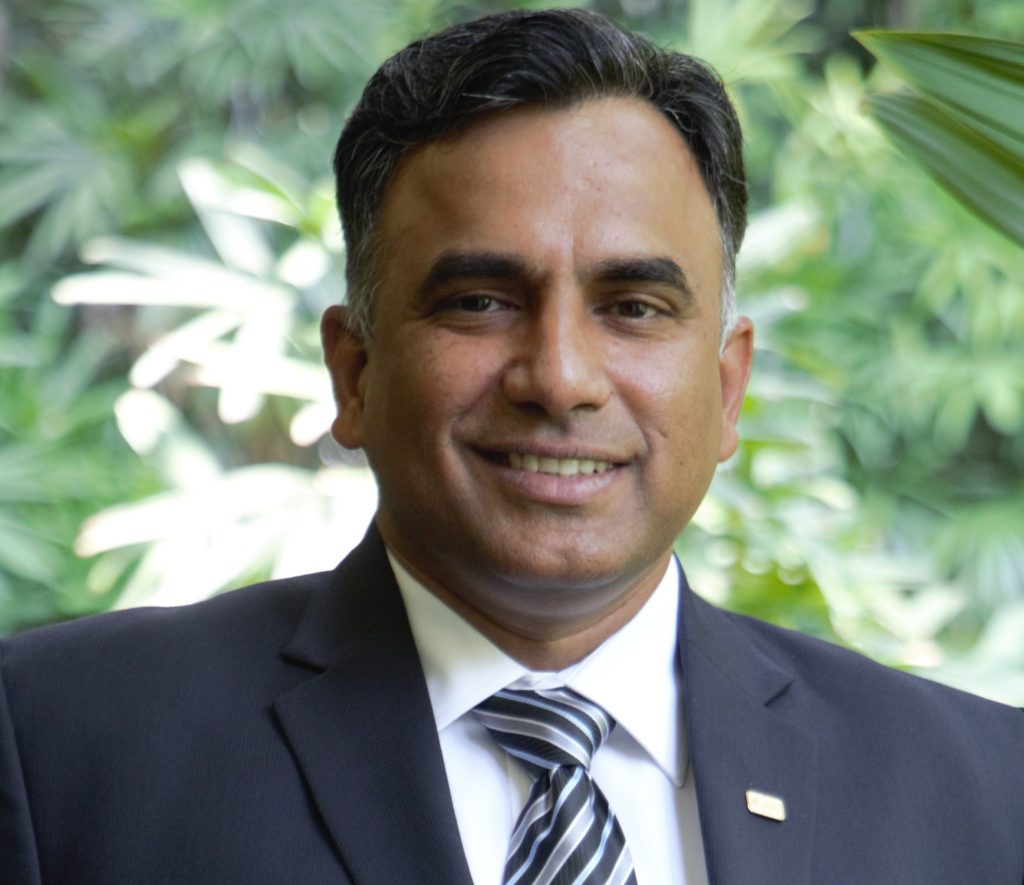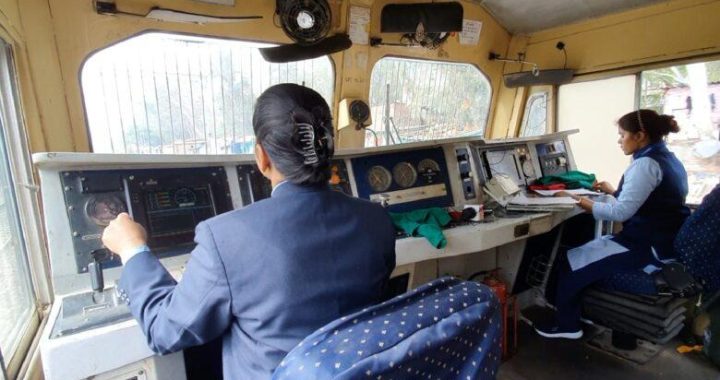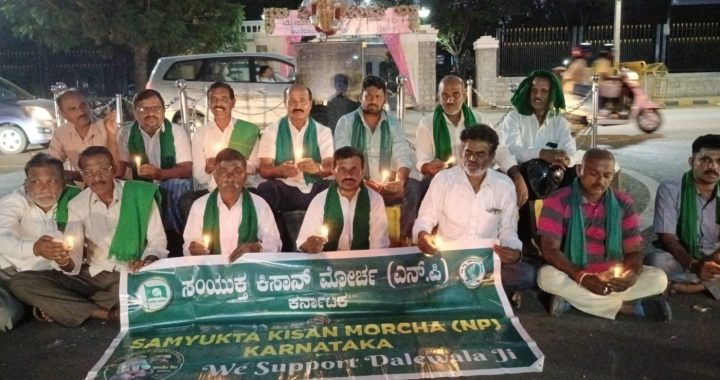Southern India’s Startup boom: Leveraging Government initiatives
4 min read
By Arjun M Ranga
Mysuru: Southern India has long been recognized as a powerhouse of innovation, technological advancement and entrepreneurial spirit. Over the years, this region has produced some of the
country’s most successful enterprises, spanning IT, manufacturing, biotechnology, and education.
With the advent of the Startup India initiative, Southern India has harnessed
government support to further accelerate the growth of its startup ecosystem, solidifying its position as a global hub for innovation.
Southern India’s contribution to the national startup ecosystem is unparalleled. Bengaluru,
often dubbed the “Silicon Valley of India,” has been a major driver of tech innovation, but cities like Hyderabad, Chennai, Coimbatore, Kochi, and Visakhapatnam are also emerging as vibrant hubs. Startups from Southern India are making strides across sectors like deep tech, agritech, healthcare, fintech and sustainable energy, significantly influencing national and global markets.
The data speaks volumes. According to recent industry reports, nearly 35% of India’s startups originate from the southern region, with Bengaluru and Hyderabad leading the charge. With over 50 unicorns and numerous soonicorns, Southern India has proven to be fertile ground for scaling disruptive business ideas.
The Startup India initiative, launched in 2016, has provided startups with the policy framework, funding and institutional support necessary for their growth. Southern India has been particularly effective in leveraging this initiative, integrating central and state-level policies to create a robust ecosystem.
State governments in the region have introduced policies tailored to their unique strengths.
Karnataka’s Startup Policy was among the first to create a dedicated startup cell, providing financial grants, patent filing support, and market access. The establishment of Karnataka Digital Economy Mission further underscores the state’s commitment to nurturing startups.
Similarly, Telangana’s T-Hub, a premier startup incubator, has emerged as a benchmark for
public-private partnerships. Under the state’s ICT policy, Hyderabad has become a hub for
emerging technologies like AI, IoT, and blockchain.
In Tamil Nadu, the TN Startup and Innovation Policy has fostered innovation in manufacturing, a sector where the state already has a competitive edge. The policy supports startups in deeptech, offering seed funds, infrastructure, and mentorship. Kerala, through its Kerala Startup Mission, has focused on promoting green technologies and sustainable innovation, aligning with the state’s vision for inclusive growth.
Access to capital is a critical factor for startups, and government initiatives have made a notable difference. The Startup India Seed Fund Scheme (SISFS) has provided startups in Southern India with early-stage funding, addressing one of the most significant barriers to entrepreneurial success.
Additionally, states like Andhra Pradesh and Tamil Nadu have launched their own venture
funds to support high-potential startups. For instance, the AP Innovation Society has facilitated funding and networking opportunities for startups in Tier 2 and Tier 3 cities.
World-class infrastructure has been instrumental in creating a conducive environment for startups. Incubators, accelerators, and innovation labs are thriving across the region. Notable examples include Bengaluru’s Indian Institute of Science (IISc) Innovation and Incubation Centre, Hyderabad’s WE Hub for women entrepreneurs and the Kochi-based Kerala
Technology Innovation Zone. These centres provide startups with access to mentorship, R&D facilities, and industry connections, enabling them to scale rapidly.
The availability of high-speed internet and smart city initiatives has further enhanced Southern India’s attractiveness for entrepreneurs.
Southern India’s diverse economy has allowed startups to capitalize on regional strengths. Technology and IT: Bengaluru and Hyderabad continue to dominate the global IT
landscape, with startups focusing on AI, cybersecurity, SaaS, and enterprise solutions.
Healthcare and Biotechnology: Chennai and Hyderabad have emerged as hubs for
biotech innovation, with startups like Bharat Biotech and MapMyGenome driving
advancements in health tech. Agritech: Leveraging the region’s agricultural legacy, agritech startups in Andhra Pradesh and Karnataka are transforming traditional farming practices through AI-driven
solutions and precision farming.
Sustainability: Kerala and Tamil Nadu are leading the charge in renewable energy and
green technologies, fostering startups focused on sustainability and climate resilience.
The Confederation of Indian Industry (CII) has been a strong advocate for startups in Southern India, playing a pivotal role in connecting entrepreneurs with industry leaders, policymakers and investors. Through platforms like the CII-SR Innovation & Startup Ecosystems Taskforce, we have facilitated discussions on policy advocacy, created mentoring programs, and organised events that highlight emerging trends and opportunities.
CII has also been instrumental in fostering collaboration between corporates and startups, promoting knowledge exchange and innovation. By creating sector-specific clusters and innovation hubs, CII is helping startups integrate into larger value chains and scale their impact.
Despite its successes, the startup ecosystem in Southern India faces certain challenges.
Access to talent, particularly in emerging technologies, remains a concern. Bridging the skill gap through targeted training programs and academia-industry collaboration is critical.
Additionally, fostering greater inclusivity by promoting women entrepreneurs and startups in rural areas can ensure balanced growth. States must also focus on enhancing global market access for startups through export promotion schemes and international partnerships.
Southern India’s startup ecosystem is a testament to the power of collaboration between government, industry and academia. The region has set benchmarks in innovation,
governance, and sustainability, serving as a model for other parts of the country. As we move forward, the focus must remain on sustaining this momentum and addressing
emerging challenges.
With continued support from initiatives like Startup India, and the proactive involvement of stakeholders like CII, Southern India is well-positioned to lead the nation’s journey towards becoming a global innovation hub.
The foundation is strong, the vision is clear, and the potential is immense.
The entrepreneurial spirit of Southern India will undoubtedly drive India’s transformation into a $5 trillion economy and beyond.
(The author is Chairman, CII-SR Innovation & Startup Ecosystems Taskforce, Managing Director, N Ranga Rao & Sons Pvt Ltd)
– Team Mysoorunews







